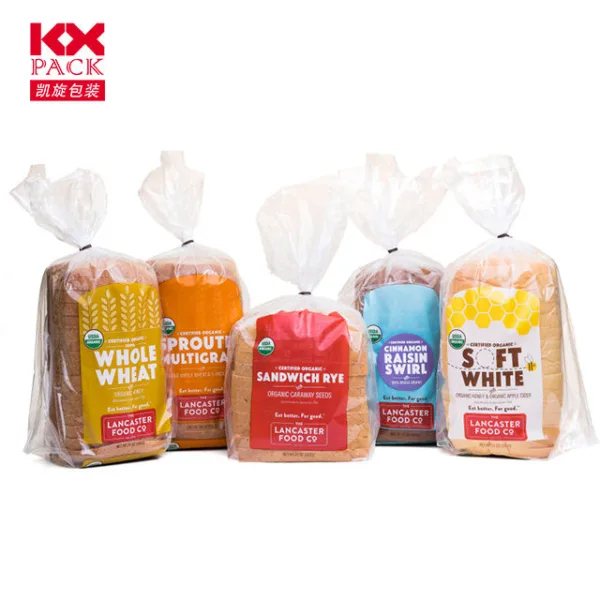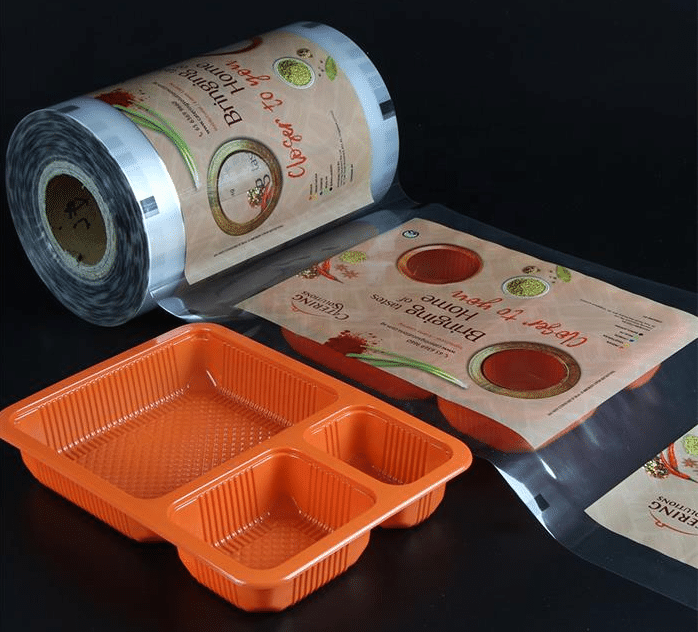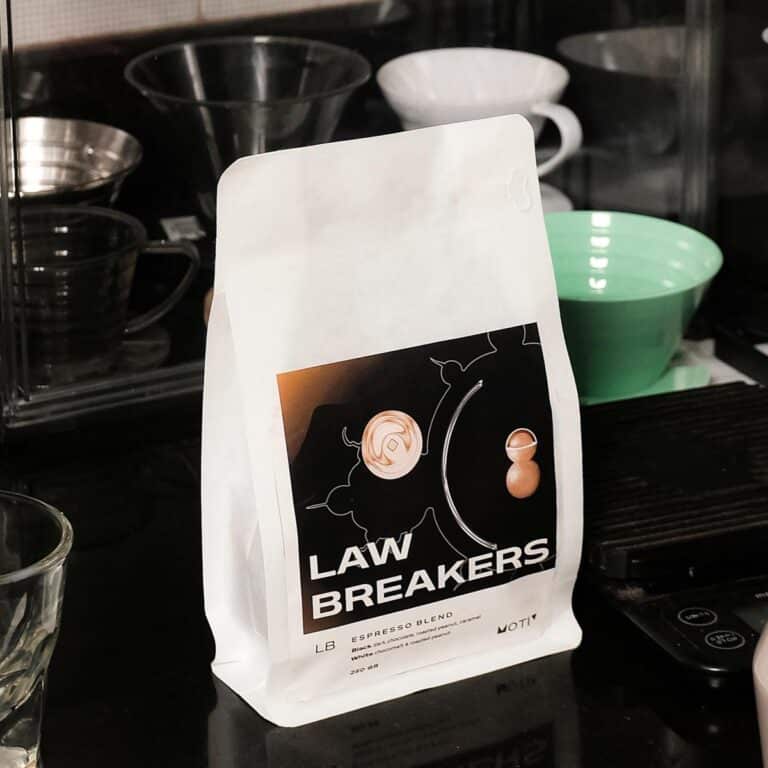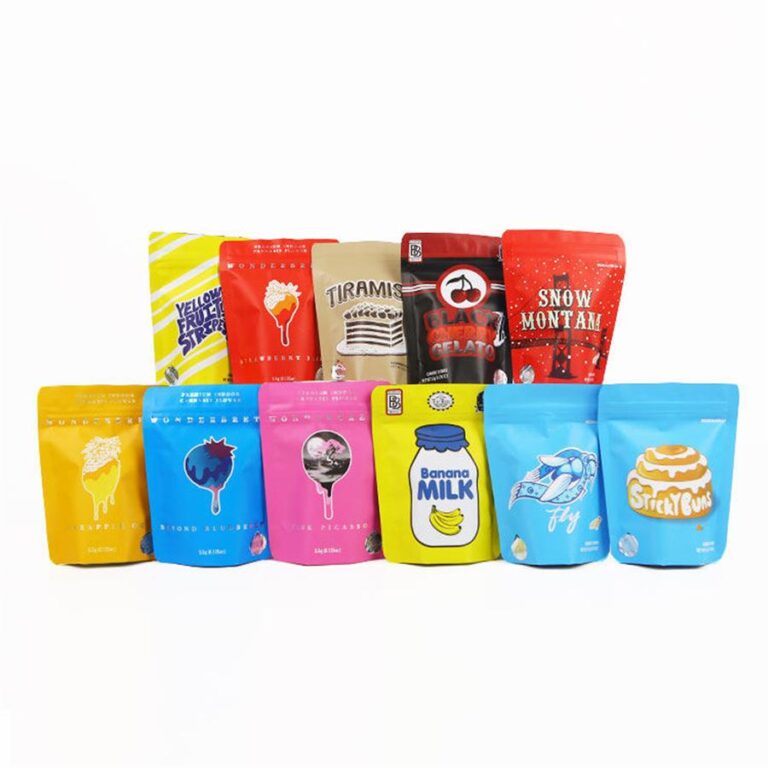Wat zijn voedselverpakkingsmaterialen die vaak worden gebruikt?
Wat zijn voedselverpakkingsmaterialen die vaak worden gebruikt?
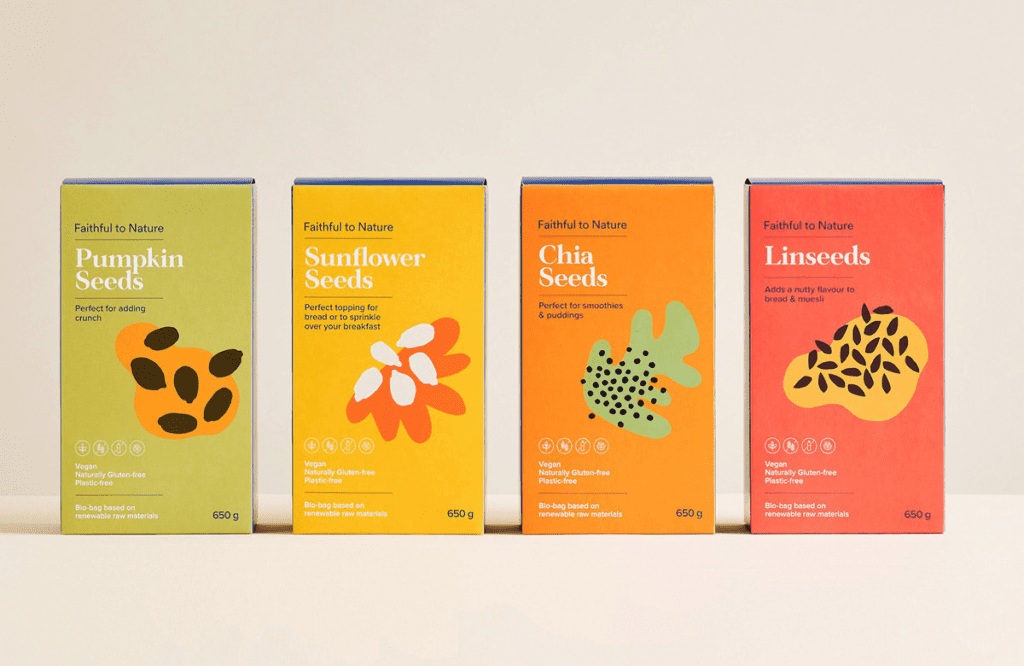
Verpakking van voedsel speelt een cruciale rol bij het beschermen en conserveren van voedselproducten terwijl ze worden vervoerd en opgeslagen. Er worden verschillende materialen gebruikt voor voedselverpakkingen, elk met zijn eigen unieke eigenschappen en voordelen. Hier zijn enkele van de meest voorkomende voedselverpakkingsmaterialen:
Papier en karton:

Papier en karton zijn populaire keuzes voor voedselverpakkingen omdat ze biologisch afbreekbaar zijn, hernieuwbaar, en gemakkelijk te recyclen. Ze worden vaak gebruikt voor het verpakken van gebak, snacks, en granen.
Plastic:

Plastic is een veelgebruikt materiaal voor voedselverpakkingen vanwege de lage kosten en veelzijdigheid. Het wordt gebruikt voor het verpakken van verschillende voedingsproducten, inclusief verse producten, zuivelproducten, en snacks.
Glas:

Glas is een veelgebruikt materiaal voor voedselverpakkingen omdat het niet-reactief is, ondoordringbaar, en loogt geen chemicaliën in voedsel. Het wordt vaak gebruikt voor het verpakken van producten zoals specerijen, sauzen, en ingelegde goederen.
Metaal:

Metaal, vooral aluminium en staal, is een populaire keuze voor voedselverpakkingen omdat het een barrière vormt tegen licht, lucht, en vocht. Metalen verpakkingen worden vaak gebruikt voor producten zoals ingeblikt voedsel, soepen, en dranken.
Biologisch afbreekbare materialen:

Biologisch afbreekbare materialen, zoals plantaardige kunststoffen en materialen op basis van zetmeel, worden steeds populairder als alternatief voor traditionele op aardolie gebaseerde kunststoffen. Ze bieden een duurzamere oplossing voor voedselverpakkingen en kunnen na gebruik gecomposteerd worden.
Ten slotte, Er worden veel verschillende materialen gebruikt voor voedselverpakkingen, elk met zijn eigen unieke eigenschappen en voordelen. Bij het selecteren van voedselverpakkingen, het is belangrijk om rekening te houden met factoren zoals het soort voedsel dat wordt verpakt, zijn houdbaarheid, en de milieu-impact van de verpakking.


